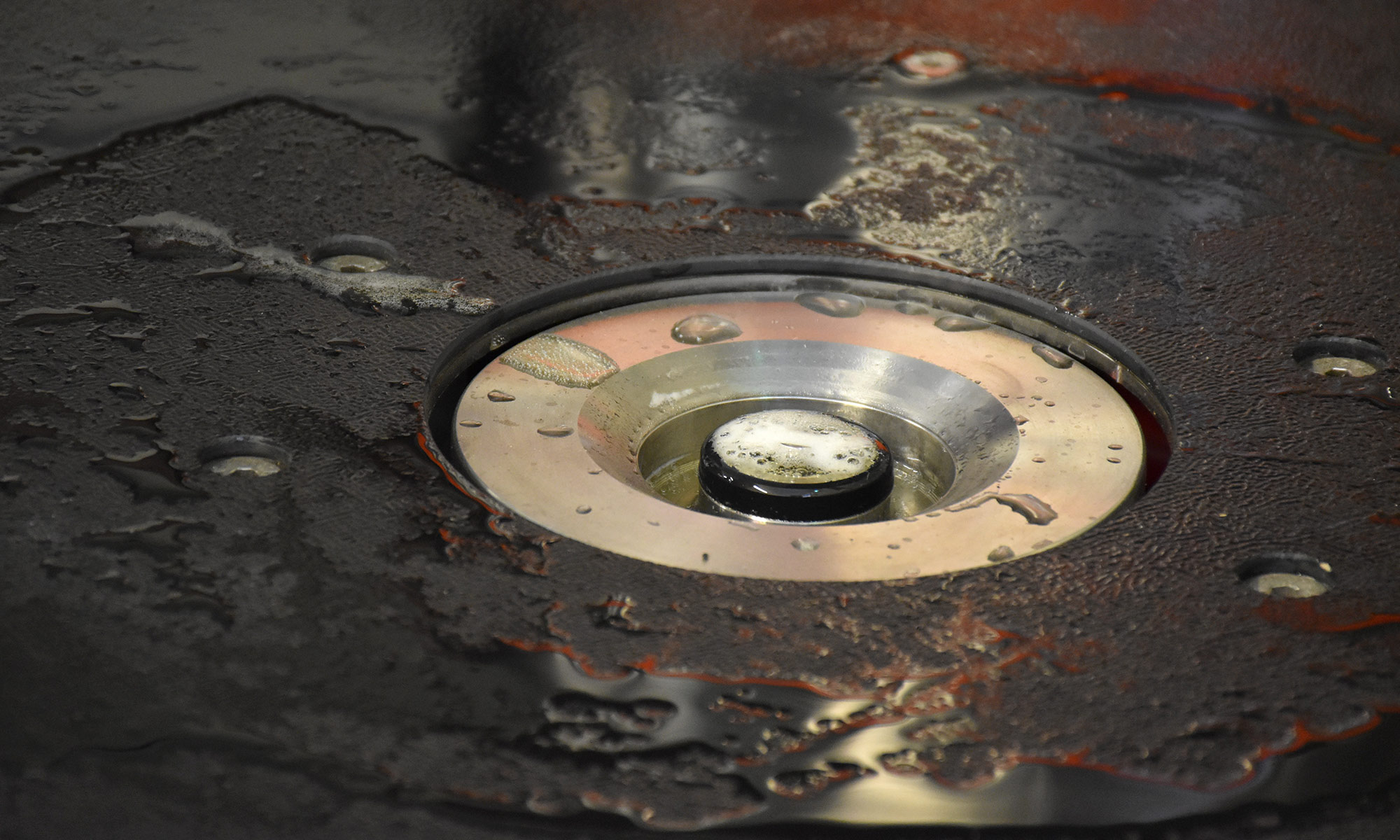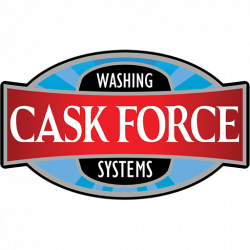
Situated on the edge of the Peak District in the picturesque hillside village of High Bradfield, Bradfield Brewery was started in 2004 by Richard Gill and his Father, John, on their farm after years of enthusiastic home brewing.
The brewery based on a dairy farm has grown from a start-up 10 barrel plant to the current 40 barrel plant producing approximately 3000 casks of ale a week, which is rapidly taking over the farm! This has resulted in sales to almost all parts of the UK with a seven strong van fleet regularly delivering to hundreds of pubs.
The brewery has some fantastic USPs such as using its own borehole water and the setting in the Peak District is the perfect backdrop to a successful small brewery. This farm diversification story appears to be a resounding success, especially considering the recent growth of the UK craft beer market.

When asked why he went for two 400 series machines Richard said he wanted to future proof the brewery but at the same time didn’t want to commit to an expensive automated fixed system and wanted the benefits of two machines with regard to:
- Performance, the combined capacity of the two machines will keep up with their needs.
- Reliability, if one machine does go down they’ll have the other.
- Flexibility, if for any reason expansion plans didn’t work out we could sell one or on the other hand hopefully moving to bigger premises means the cask washers will easily move with us.
- Available room, compared to some other machines Cask Force is a compact streamlined machine that fits nicely into the existing washroom.
“Before the installation of the two steam heated 400 series Cask Force machines the brewery was using a very labour intensive three stage system with nozzles on each and the operator transferring the casks from one stage to the next, a total of four movements per cask. This has now been reduced to two, on the Cask Force and off the Cask Force. This means a significant labour saving which I can focus our existing labour on other growing laborious tasks such as bottling and deliveries. The 50% reduction in water usage will also contribute significantly to resource efficiency.”
Richard Gill, Brewery owner

